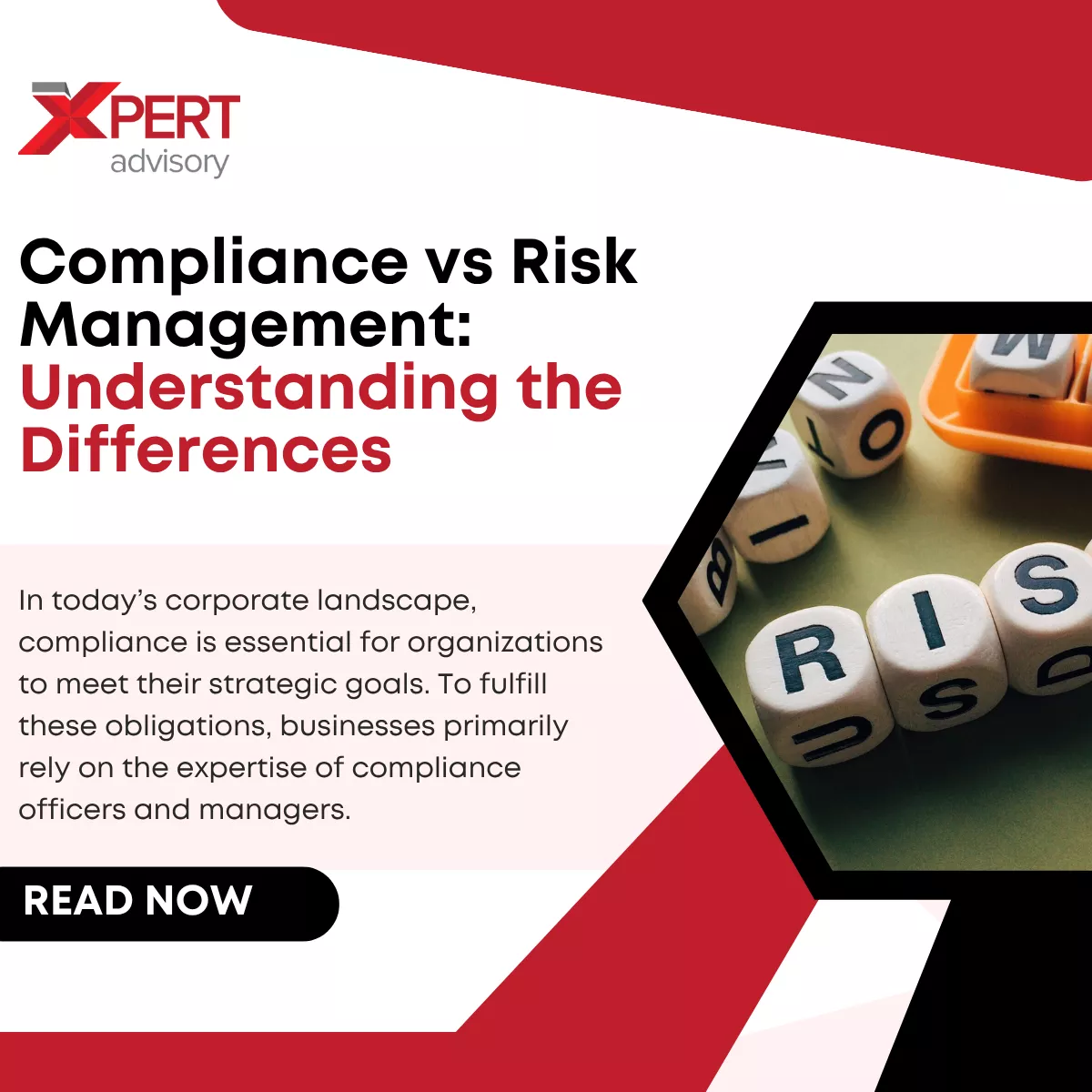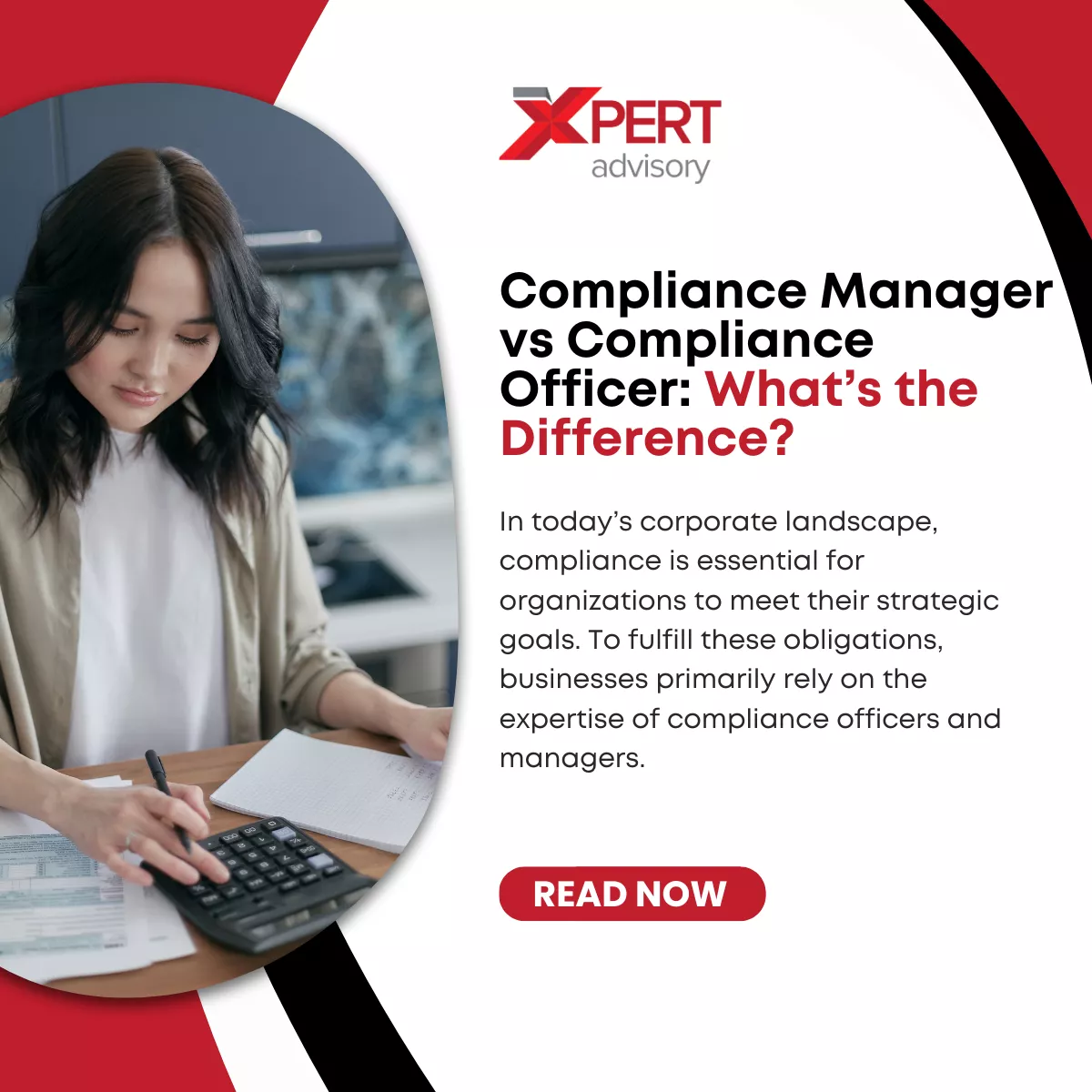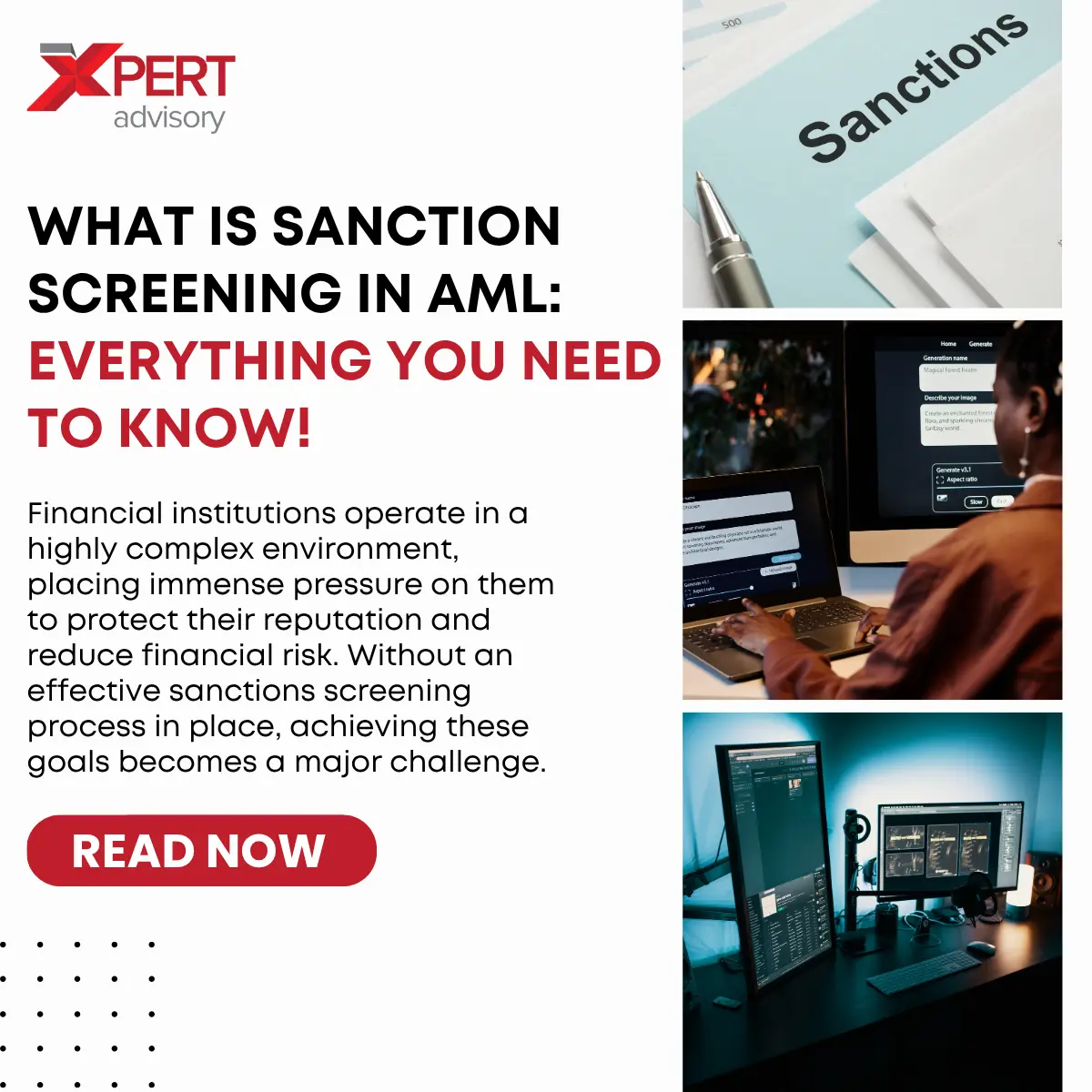Money laundering is a major criminal offence that produces global economic and corporate damages. Anti-money laundering legislation in the UAE government enforces strict AML laws and rules to identify and stop unlawful financial operations. So, every financial institution operating in the UAE must comply with AML guidelines to prevent penalties through their compliance protocols. In this guide, we’ll discuss what is anti money laundering in UAE and what businesses need to do to remain compliant. So, let’s discuss the details to understand the UAE anti-money laundering laws and regulations:
What Does Anti-Money Laundering Mean in UAE?

So, let’s start with the basics: What is anti money laundering in UAE?
Anti-money laundering requires you to understand the basic concept of money laundering activities. Money laundering involves criminals’ and gangsters’ ways of legalizing dark funds through system loopholes. The illegal activities that generate their money remain unknown, and criminals implement this practice to conceal their financial origins.
The government established anti-money laundering legislation to stop money laundering through financial safety regulations for businesses against corruption and fraud. Robust AML compliance in Dubai is important to prevent criminals from concealing illegal funds while transporting them abroad.
AML oversight comprises KYC, transaction tracking, sanctions evaluation, and other risk assessments to prevent illicit activities.
UAE’s AML Legal Framework and Authorities
As an anti-ML/FT policy leader, the United Arab Emirates stands committed to fighting financial crimes effectively. The United Arab Emirates created anti-money laundering compliance that multiple authorities across sectors and territories enforce.
The UAE’s AML Legal Framework is presented in the following terms:
- Federal Law No. 20 of 2018 on Anti-Money Laundering and Combating the Financing of Terrorism and Financing of Illegal Organisations: UAE implements its AML/CFT efforts, utilising this law as its main legal foundation. This framework includes provisions about reporting entities, requirements for customer due diligence and suspicion transaction reporting, AML compliance officer responsibilities, and non-compliance penalties.
- Regulatory Guidelines: Regulatory authorities in the UAE, like CBUAE, DFA, and the FSRA of the Abu Dhabi Global Market, issue guidelines and circulars. AML/CFT regulations require regulated entities to implement the rules found in the guidelines.
- International Standards: The United Arab Emirates constructs its AML/CFT regulations under international norms established by standards and conventions. The framework operates according to everything the Financial Action Task Force (FATF) specified.
The fundamental laws of AML/CFT regulation within the UAE framework consist of the following:
- The legal system of legal practice and legal consultancy exists through Federal Decree Law No. (34) of 2022.
- Through Federal Decree Law No. (26) of 2021, the code amended multiple sections of Federal Decree-Law No. (20) of 2018.
- The strategic government institution adopted Decision 10 of 2019 to establish implementation rules for financial crimes of money laundering and terrorist financing.
- The Cabinet Decision No. (24) of 2022 updated the Cabinet Decision No. (10) of 2019 Executive Regulations of Decree-Law No. (20) of 2018.
Businesses must observe several additional legal requirements in addition to the mentioned laws.
- The system of terrorist lists alongside Security Council resolution enforcement for terrorism and financial crime prevention appears in Cabinet Decision No. (74) of 2020.
- The consolidated list of violations and administrative fines directed at anti-money laundering measure violators exists under Cabinet Resolution No. (16) of 2021.
- The Anti-Money Laundering Department 2019 was established under Ministerial Decision No. (532) of 2019. The procedures to combat the financing of terrorism and illegal organisations for lawyers, notaries, and professionals are defined in it.
AML Supervising and Reporting Jurisdiction in the UAE
Several authorities responsible for AML/CFT supervision operate across different business sectors in the UAE. All supervisory bodies tackling money laundering and terrorism financing issues in the UAE need examination.
- Ministry of Economy (MOE): Supervises every regulated mainland entity inside the UAE yet stays out of financial sector entities controlled by the Central Bank of UAE.
- Central Bank of UAE (CBUAE): Operates as the central regulatory authority of the United Arab Emirates. As an organizational authority it controls all financial institutions including banks together with fintech companies and financial entities that function within the UAE mainland. The financial sector of the UAE depends on the CBUAE to develop and execute AML/CFT regulations.
- Securities and Commodities Authority (SCA): The regulator oversees commodities and securities markets across the UAE territory. The authority issues AML/CFT rules, which direct UAE Capital Market Virtual Asset Service Providers while remaining outside Dubai and ADGM.
- Insurance Authority (IA): The regulatory body of UAE insurance services operates through national supervision. The Insurance Authority regulates AML/CFT measures for insurance organizations and their intermediary services that operate within the United Arab Emirates.
- Financial Services Regulatory Authority: Oversees the Abu Dhabi Global Market, which operates as a financial-free zone in Abu Dhabi. The FSRA at ADGM establishes regulations which ensure all financial institutions together with designated non-financial businesses at ADGM fulfill their AML/CFT regulatory framework requirements.
- Dubai Financial Services Authority: As the regulatory authority, DFSA operates within the Dubai International Financial Centre (DIFC), a financial free zone in Dubai. This authority establishes AML/CFT standards while inspecting financial organisations and DNFBPs which operate in the DIFC.
- Virtual Asset Regulatory Authority in Dubai: It inspects AML/CFT compliance for virtual asset service providers across Dubai unless they operate within the DIFC free zone.
- Financial Intelligence Unit: Submits suspicious transactions together with associated money laundering and financing activities to all UAE regions.
Which Businesses Need to Be Aware of AML Regulations?

The AML regulations of the UAE require both natural and legal persons to follow these regulations if they conduct any of the stated business activities.
- Money service businesses
- Exchange houses
- Finance companies
- Banks
- Insurance businesses
- Investment managers
- Securities and commodities advisors, dealers, and brokers.
- Virtual assets service providers
- Other financial institutions
- AML regulations in the UAE apply to non-finance firms such as credit companies, funds service providers, independent accountants, public notaries, lawyers, dealers in precious metals and stones, and real estate brokers alongside their agents.
- Non-profit organisations
- DNFBPs represent designated non-financial businesses and professions
How to Build a Robust UAE AML Compliance Framework?
AML/CFT and anti-financial crime solutions in the UAE must follow FATF principles by assessing customer risks to determine appropriate compliance measures. The following components should always be a part of AML compliance UAE solutions:
- Customer Identification
Organisations need to verify their customers through proper CDD processes under which they gather essential information required to execute effective AML/CFT risk analysis. Organisations must determine customer entities’ ultimate beneficial ownership (UBO) because this helps prevent shell companies and corporate structures from being used for customer identity concealment.
- Better Due Diligence
Businesses with high-risk customers must conduct enhanced due diligence (EDD) through rigorous examination methods up to third-party auditing or official document collection.
- Transaction Monitoring

Transaction screening procedures require continuous evaluation of customer payments to detect AML dangers involving high-vulnerability entities and locations.
- Sanctions and Watchlists
Due to heightened sanctions risks, sanction screening solutions and watchlists remain essential for UAE firms. So, they must adopt effective AML technologies to uncover customers designated by international sanctions lists. Firms must detect politically exposed persons through their examinations against established PEP lists.
Final Words
Understanding what is anti money laundering in UAE is essential for all businesses operating there to fulfil their financial regulations obligations. Businesses in the UAE must establish a robust AML compliance framework with international standards that demand transaction screening, customer data inspections, and sanctions checks for illicit financial transaction prevention. Businesses that follow these guidelines support financial security and preserve themselves from legal penalties and negative reputational effects.
Are you unsure how to manage the intricate AML regulations that govern UAE compliance? Xpert Advisory offers advanced compliance solutions and government liaison services to your business that guarantee your company’s compliance with evolving AML regulations. Contact us now and let us handle these complicated issues so you can dedicate yourself to business expansion!
FAQs
What are the Methods through Which Criminals Launder Money in the UAE?
The money laundering process consists of sequential methods designed by criminals. Financial systems receive criminal funds at the starting point of the money laundering process. During the second step, the origin of these funds remains hidden from view. In the third phase, one establishes the legal origins of funds before concluding with investment or expense activities.
What is the Money Laundering Act in UAE?
According to UAE Decree-Law, a person who knows the money stemmed from suspicious activities and undertakes planned money transfers or transportation to hide illegal origins faces a money-laundering prosecution.






